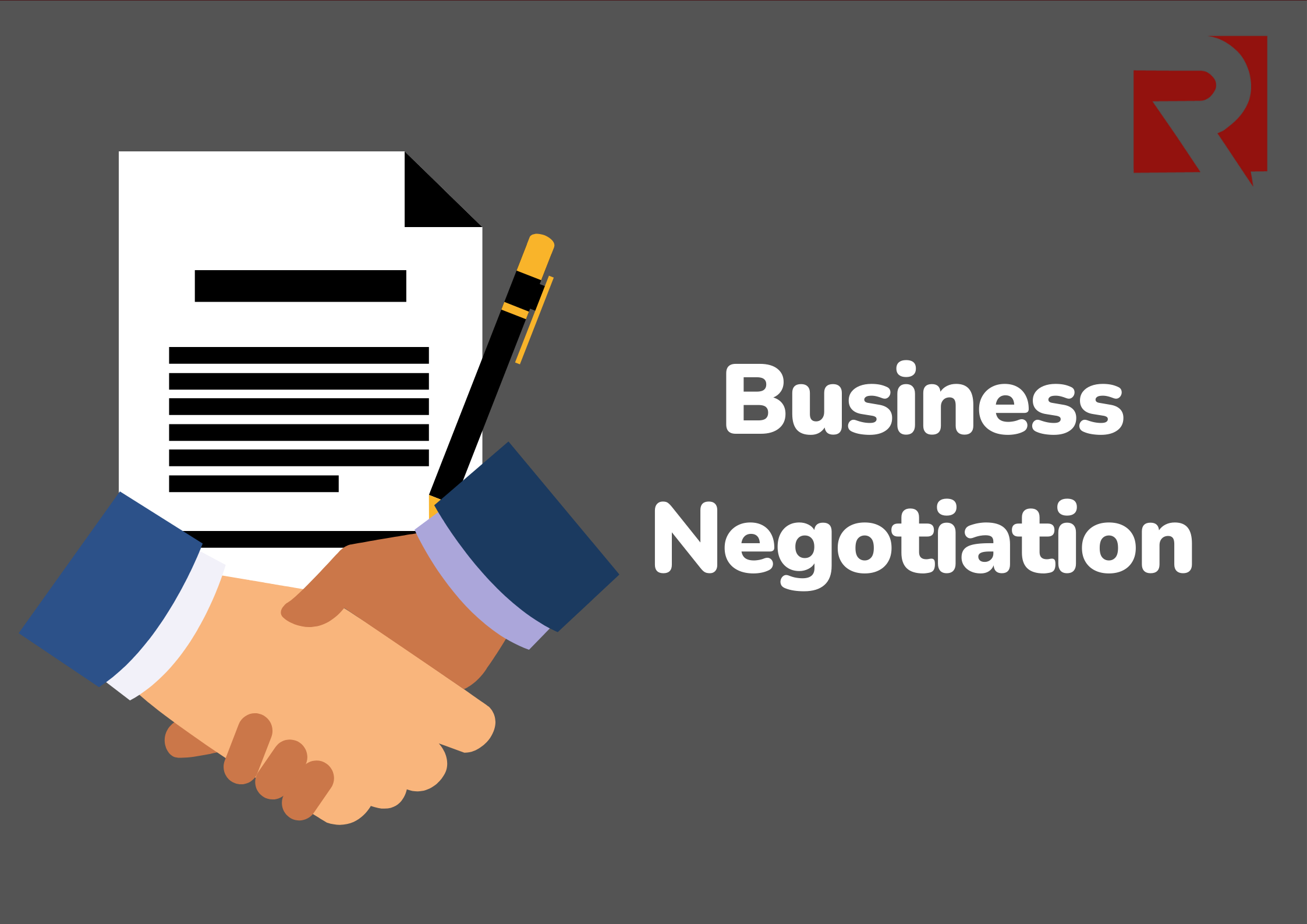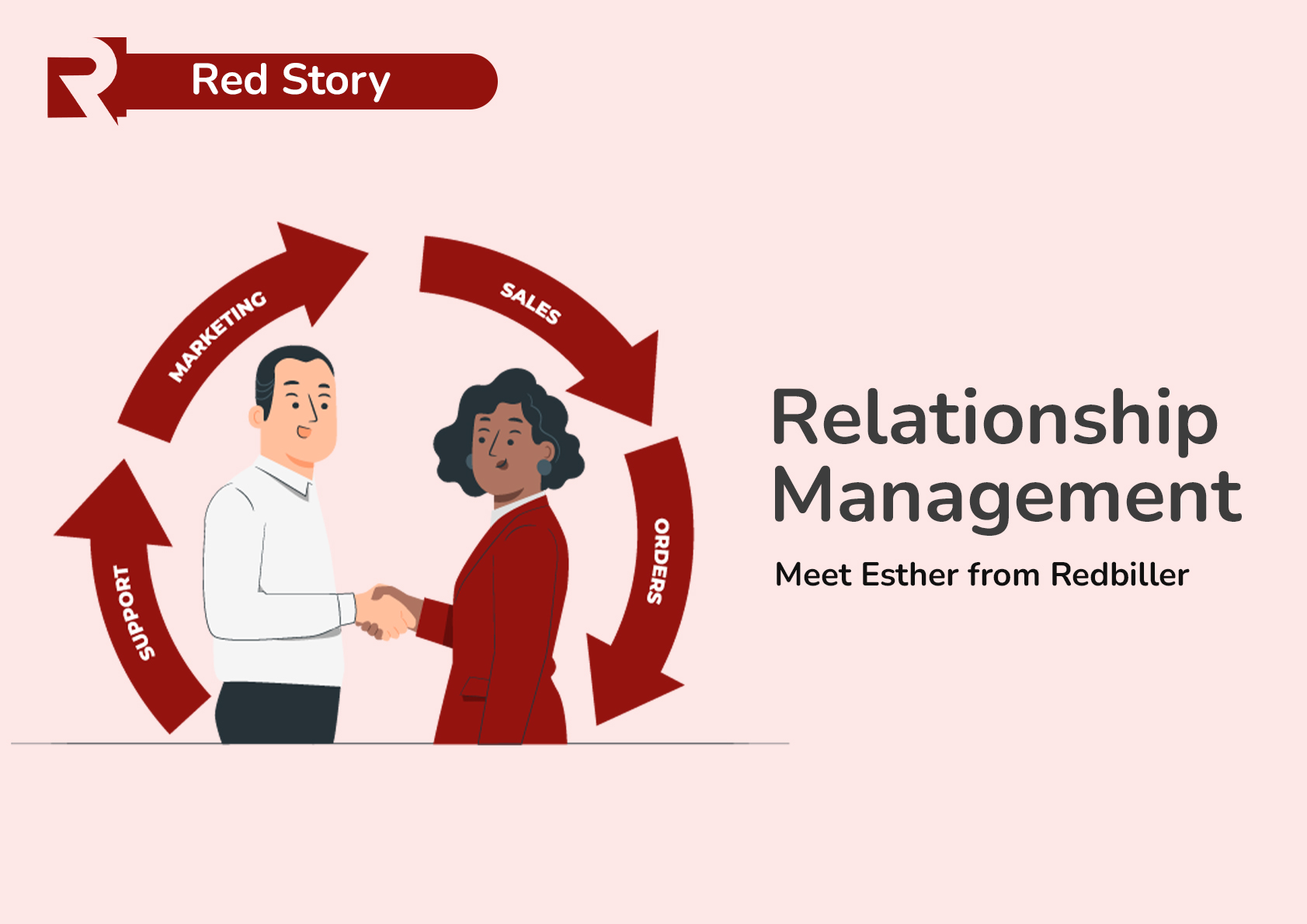Negotiation is a discussion between two or more parties aimed at reaching an agreement. Negotiation happens because humans are different and we need/want different things. We have our expectations of things we are about to do or we are already doing. These differences in opinions and expectations, of course, lead to conflict when we are not the only ones involved in the process.
Negotiation is how we come to agree on an expectation that we can all work towards. The agreed expectation can be our initial expectations, the other party’s expectations, a fusion of both expectations, or even something entirely new. The idea is to have a common goal to work towards.
In business, negotiation especially involves discussing terms, pricing, components and expectations. It is broadly defined as a strategic discussion between two or more parties to resolve an issue in a way that is agreeable to all parties involved.
Negotiation comes up from time to time in business because every party wants what is best for them out of every business deal. And it is not a crime to desire that. Even charity organisations want the best they can get from every partnership. The flip side is that your need or want could be at the expense of what the other party(s) needs/wants. And that is a conflict.
A conflict does not mean you should call off the deal and walk away. If you do that, you’ll be walking away from almost every deal as conflict will always arise. And negotiation does not mean that you have to give up everything for the other party to have their way. It is that you arrive at what works for you both while getting the best possible result.
Negotiation is a playing field, and the game favours whoever plays their cards right. Nobody comes to the negotiation table willing to lay down all their rights, so it is not a thing to be taken lightly. Your strategy should be to get them to lay down what does not work for you. That said, here are five essential things to do before or during negotiation.
Know your alternatives: before starting a negotiation, take time to carefully look at the alternatives that will work for you and identify your best. It will help you stir the negotiation in that line or to identify when it is presented by the other party and seize the opportunity. It also paints a picture of what you don't want to end up with.
Build rapport: you are negotiating with humans, not robots. Before the negotiation starts, try to get to know them a little and be polite throughout the negotiation. Also, if the conversation is getting tense, you should take a break. During the break, you can discuss something outside the business deal.
Talk Value: take good time to outline the things that are of value to you and let them guide your discussion. Negotiation can unnecessarily drag for long when anything and everything is open for discussion.
Listen actively: listen to what the other party is saying and make sure they see that you are willing to listen to what they have to say. It is tempting to want to prove your point and emphasise what is of value to you, but saying too much can also result in you playing into their hands. Listening to them will in turn encourage them to listen to you too.
Present Multiple offers: don’t just go in with one do or die offer. Present multiple offers at once for them to choose from. And be open to objectively consider their offers too. Multiple offers show that you have done your homework and that you are willing to try different approaches.
Negotiation is all about the business. It has nothing to do with your personal gain or your pride. The best approach remains to go for a win-win solution. Even if you have the upper hand, do not go in with the intention to crush the other party. It is a business meeting, not a divorce court. And even if it is on business dissolution, there is always an alternative that favours both parties equally. Maybe not to each person’s satisfaction, but definitely proportional to each party’s impute.



